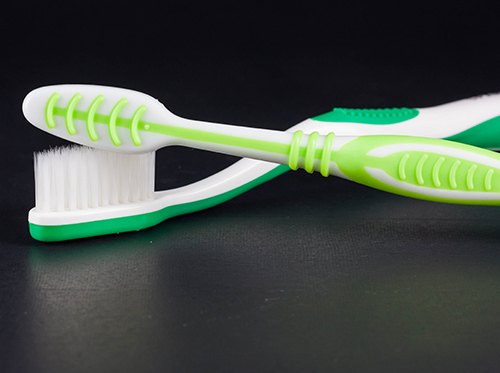Five Nutrition Tips for Healthy Kids' Smiles
February 22nd, 2023

If your child could have it his way, chances are he would eat Lucky Charms for breakfast, a peanut butter and fluff sandwich for lunch, and chicken fingers slathered in ketchup for dinner.
Kids will be kids, and maintaining a healthy diet is often the farthest thing from their minds. Do you remember the old saying “an apple a day keeps the doctor away”? Well, that folksy wisdom can be applied to oral health, too. Think of it like this: an apple a day keeps the dentist at bay. Here are five nutrition tips Dr. Robin E. Lents and our team at Shoals Pediatric Dentistry, PC wanted to pass along that will give your child a healthy, bright smile.
- Eat a well-balanced diet of fruits and vegetables. We weren't joking about the apple. An apple naturally scrubs and cleans your teeth. The nutrients and antioxidants in vegetables are good for the entire body.
- According to the Centers for Disease Control and Prevention, calcium is a mineral needed by the body for healthy bones and teeth, and proper function of the heart, muscles, and nerves. Dairy products like milk, cheese, and yogurt are good sources of calcium. Dark leafy vegetables and calcium-fortified foods like orange juice and tofu are also healthy options.
- Keep snacking to a minimum. Sticky and gummy snacks can increase a child’s risk of tooth decay. Unless a child brushes after every snack (and what child does?), sticky snacks can easily get lodged between the teeth.
- Limit soda intake. Drinking large amounts of soda has been linked to childhood obesity. Soda is loaded with sugars and acids, and these ingredients also damage the teeth. Soft drinks have long been one of the most prominent sources of tooth decay. Have your child drink water throughout the day or juice that’s low in sugar concentrate.
- Chew sugarless gum. After all those fruits and vegetables, sooner or later your child is going to want a treat. Chewing gum stimulates saliva, which in turn helps keep teeth clean and bacteria-free. Sugarless gum contains xylitol. The combination of excess saliva and xylitol reduces plaque, fights cavities, and prevents the growth of oral bacteria.
For more information on keeping your child’s smile looking its very best, or to schedule an appointment with Dr. Robin E. Lents, please give us a call at our convenient Florence office!




 Website Powered by Sesame 24-7™
Website Powered by Sesame 24-7™